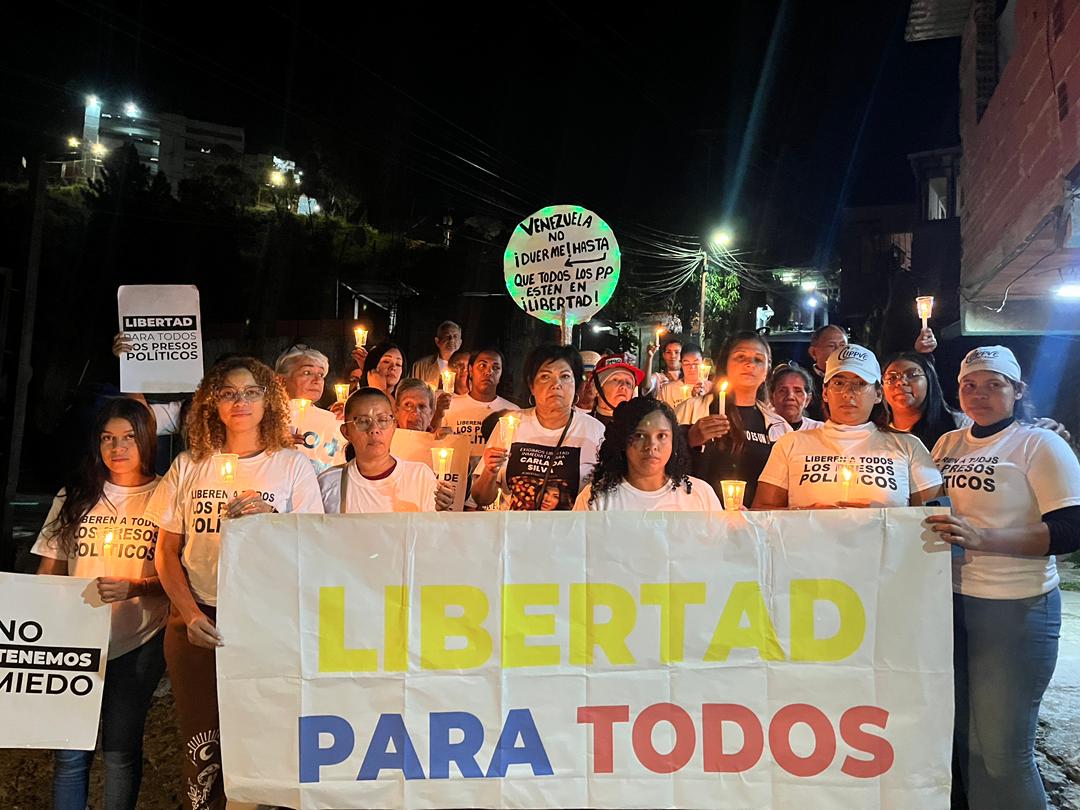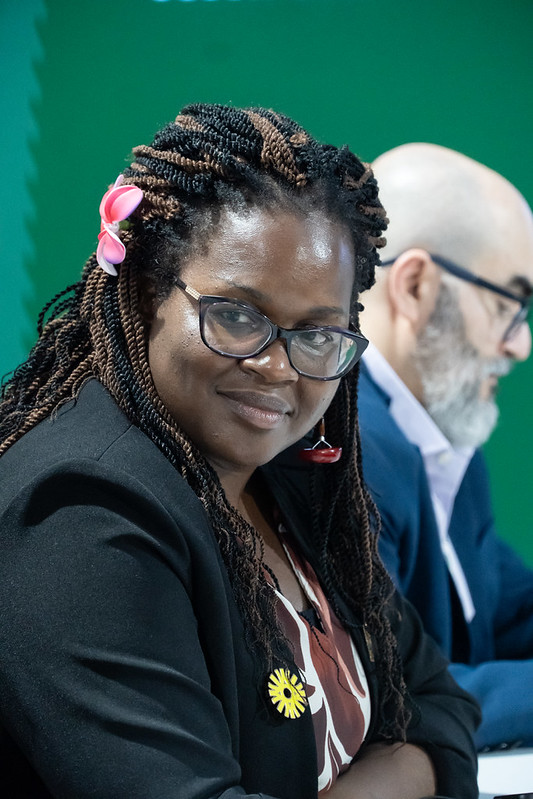El acuerdo partes en la región reconocieron y aceptaron sus obligaciones bajo las leyes internacionales.
Esto significó entre otras cosas, la responsabilidad de implementar las órdenes del Tribunal Criminal Internacional, incluyendo las órdenes de arresto.
No obstante, sólo Bosnia y Herzegovina cumplieron con sus obligaciones, incluyendo la detención de personas acusadas foen la RFY, 41 en la República Sprska, y seis en Herzeg- Bosnia o Croacia.
La nueva Constitución de Bosnia y Herzegovina, contenida en los acuerdos de Dayton, decreta que las órdenes y solicitudes del tribunal deben ser ejecutadas. La República Sprska y Herzeg-Bosnia están sujetas a los términos de esa Constitución.
Las órdenes de arresto fueron emitidas de acuerdo a una resolución del Capítulo VII del Consejo de Seguridad de la Organización de las Naciones Unidas (ONU), cuyas autoko Mladic alardea de su libertad ante cámaras de televisión en una pista de esquí. Más lamentablemente, apareció en público en Belgrado, en el funeral del general Djordje Djukic. Y Radovan Karadzic camina abiertamente poina declaración del presidente del Consejo de Seguridad, exhortando a que la RFY cumpliera sus obligaciones y detuviera a los sospechosos.
Un informe posterior fue enviado a fines de mayo al presidente delque esto confirma que las partes deben cumplir las órdenes y solicitudes hechas por el tribunal, IFOR no es una de las partes.
No obstante, según el Artículo VI 2 del anexo militar, "Las partes entienden y están de acuerdo en que IFOR tendrá el derecho de supervisar y colaborar en el cumplimiento de todas las Partes con este Anexo".
Al ejercer su derecho de asegurar que todas las partes sigan sus obligaciones, IFOR tiene el derecho de utilizar la fuerza, si es necesario. Asimismo, IFOR acordó detener a los criminales de g comprensión recientemente concluido entre el tribunal y la OTAN.
La conclusión de este análisis es que existe la posibilidad de que la OTAN dé al maquienes facilitaron esa conducta escapen de la justicia.
La capacidad de IFOR para realizar esas detenciones, con sus 60.000 soldados, armamento sofisticado y pots contra la humanidad, incluyendo asesinato, violación y tortura de decenas de miles, si no cientos de miles de personas.
No hay justificación moral, legal o política para que una autoridad militar garantice la inmunidad a personas que por decisión del fiscal, con el mandato del Consejo de Seguridad, deben ser llevadas ante la justicia.
Si las personas en posiciones de liderazgo y autoridad no pueden ser conducidas a La Haya para ser sometidas a juicio, ?qué clase de mensaje recibirán los millones de víctimas de la ex Yugoslavia?
La comunidad internacional, actuando a través del Consejo de Seguridad, ha planteado sus expectativas de que los criminliendo los acuerdos y las leyes internacionales, ?se habrán eliminado las posibilidades de renovada violencia en la ex Yugoslavia y en particular, en Bosnia?
Karadzic ha dado a entender recientemente que pretende presentarse a las elecciones este año. Esto no sólo viola flagrantemente el acuerdo de paz, sino que indudablemente haría naufragar las propias elecciones.
El acuerdo de paz continúa en peligro de fracasar, aumen obligación primaria de ejecutar las órdenes del tribunal descansa en los países miembros de la ONU. Según establece el Capítulo VII, el Consejo de Seguridad debe tomar medidas, específicamente imponer sanciones, si los integrantes incumplen sus obligaciones. Han funcionado en el pasado y no hay motivos para cuestionar su eficacia ahora.
Sin intensas presiones públicas, el tribunal no se habría formado. Para que el tribunal tenga éxito, la continua presión política pública es esencial ahora. La decisiones para ejecutar los requerimientos del tribunal no son fáciles.
Llevan consigo serias responsabilidades. Pero los países líderes del mundo deben actuar, y deyland en Mannheim, y llega a IPS a través del Institute for War and Peace Reporting, con sede en Londres. (FIN/IPS/tra-en/CZC OSL119 DAP200 LLLL AA AB DD XJ KK QX SERVENG .ERMDHRE AF IP
KENYA-POLITICS: All Aboard Reform Boat, but Without a Rudder
by L. Muthoni Wanyeki
NAIROBI, Jun 27 (IPS) – The already heated debate over reforming Kenya's constitution has become even more acrimonious as the parties involved haggle over who should decide on the changes and when they should occur.
The main bones of contention now are whether the amendments will be made by the national assembly or a constitutional convention – – which would include civil society – – and whether they should precede general elections due in January 1998.
President Daniel arap Moi and his Kenya African National Union (KANU) insist that amending the constitution should and will occur only in parliament which, they say is the only institution that has a mandate to do so.
Nor does KANU appear prepared toivil society – – which has been the most persistent advocate for constitutional and legal reform – – is hoping that the ruling party will come around to the idea of the convention.
"We want the participation of not just the opposition … but of the entire parliament, including KANU," says Dr Maria Nzomo, political scientist and co-chair of the Citizen's Coalition for Constitutional Change (Four Cs).
The Four Cs, Kenya's largest reform lobby, includes civic education and legal groups, women's organisations, religious groups, trade unions and business representatives. Together with the opposition Inter Parties Committee (IPC), it has been working towards a national convention since May and the two groups last week announced the formation of a convention secretariat.
"Our interest is in the modalities of the process of reform," said Nzomo. "Really, what's the worst that could happen at a national convention besides people expressing their views on what they want out of a new constitution?"
he Preservation of Public Security Act.
However, some remain wary of the ruling party and believe that, faced with mounting pressure for change, it has simply chosen to avoid confrontation. Others link KANU's softer stance to pledges government officials made when they met bilateral creditors in the French capital earlier this year.
"Don't forget that when KANU allowed (last month's) bill to pass, government representatives had just returned from Paris where promises were made regarding progress on the political front," noted parliamentarian Kiraitu Murungi of the opposition Forum to Restore Democracy (FORD)-Kenya.
"Those promises were still fresh and lip-service had to be paid to honouring them," added Murungi.
"My own feeling is that whereas on the surface, the government's decisions are a good development, we need to examine those decisions more carefully," noted Nzomo.
"The issues are more fundamental, we need to go deeper," she said. "I wouldn't want piecemeal reform to preempt the idea of a national convention. These concessions could just be a strategy to kill the national convention or a delaying tactic."
The opposition and civil society are pushing for at least a short list of constitutional reforms to be passed before the elections, including the restructuring of the electoral commission and legal guarantees of equal access for all political parties to state radio and TV.
"Even a simple amendment requiring the successsful presidential candidate to garner 51 percent of the total votes, instead of the current majority in five out of eight provinces could totally change the political landscape in Kenya," notes Murungi.
"KANU is aware of that, which is where all the delaying tactics come from." (end/ips/lmw/jm/kb/96







